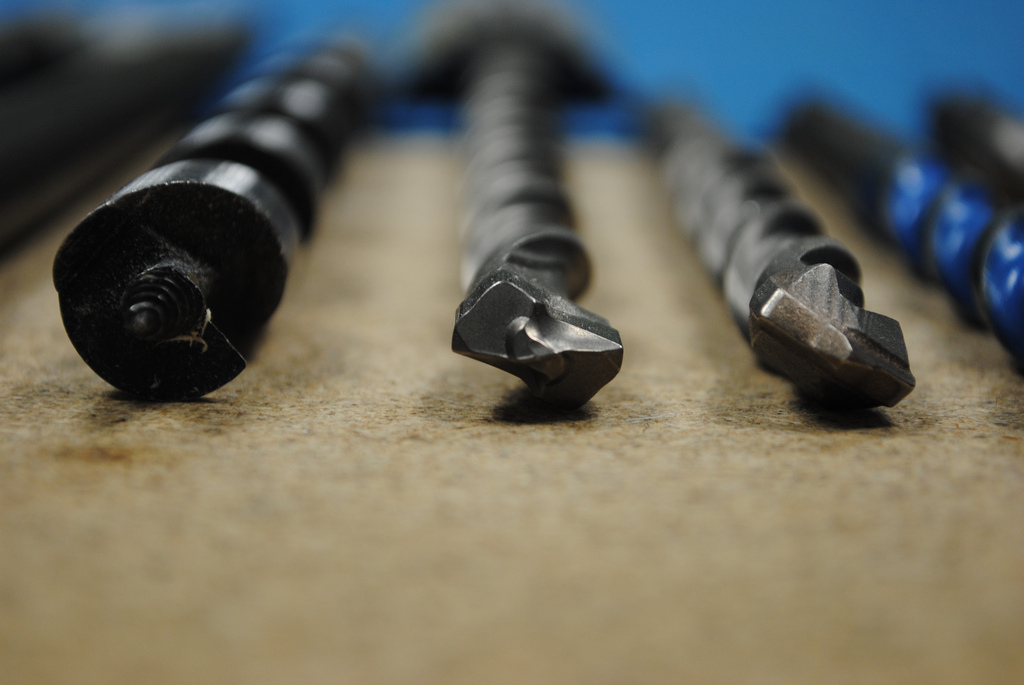How To Choose The Best Cordless Tools For DIY Projects

Ever been in the middle of a job when all of a sudden you extend your arm to use a drill, sander, or saw only to yank the cord out of the socket? Talk about frustrating; you’re left with nothing put a powerless piece of machinery in your hand.
In addition to simply being inconvenient, such a scenario can also be quite dangerous. Imagine you’re on a ladder trying to drill something when you hit the resistance of the end of the cord. Let’s hope you don’t lose your balance.

Chances are you’ve used clunky old cordless tools of yore. You know—those hunks of plastic and metal with batteries so bulky you’d almost have to grow an extra bicep to use them with any semblance of dexterity.
But now, thanks to lithium ion batteries, modern cordless tools are exceptionally lighter and more versatile. This means you can use them on all sorts of DIY projects, realizing the following benefits.
Safer workspaces. Whether there are kids or coworkers running around the job site, tools that have cords present safety hazards, as clumsy folk can easily trips over them.
Additionally, their distance limitations could prove disastrous: Imagine you’re using a power saw to cut a piece of wood and you’ve reached the end limit of the cord. You might not be able to make the cut you had in mind – and hopefully you don’t hurt yourself.
Those kinds of scenarios are easily avoided thanks to cordless tools.
More room. You’ve got to store your cords, power strips and surge protectors somewhere. Cordless tools take up less space than their legacy counterparts.
Fewer distractions. Let’s say you’re working on replacing all of the covers of your electrical outlets throughout your home. To do this, you’re using an electric drill that allows you to easily remove and reset screws.
If you were using a drill with a cord, you’d have to spend time unplugging it and plugging it into the next available outlet. This kind of delay will almost assuredly result in projects that drag on.
As you begin your search for the cordless power tools that make the most sense for your particular situation, you’re going to have to pay attention to three important features.
The batteries. Generally speaking, you’ll have three battery options: nickel-cadmium, nickel metal hydride and lithium ion batteries. The two nickel-based options are gradually becoming obsolete thanks to their heft, so if you’re looking to begin assembling your own cache of cordless power tools, you should probably consider lithium-ion-based equipment. It’s lighter, and therefore more versatile.
The voltage. You have two options when it comes to your cordless power tools: Do you want the 12V or the 18V equipment? The lower voltage equipment is perfect for the needs of most DIY handymen – you can use them to tackle all sorts of jobs around the house. But if you’re taking on significantly larger projects—like building a shed or a tree house—you should shoot for the more powerful tools.
The manufacturer. If you mix and match brands, you’re going to miss out on a whole bunch of synergies that come along with uniform tool suites. It’s essential that you remember that charging capabilities do not translate from one manufacturer to the next. So to make it easier for you, it’s best you stick with the same vendor.
When you put the right cordless tools in your arsenal, you’ll be prepared for whatever life throws at you, whether it’s hanging a drapery rod or building furniture. One more advantage of getting into DIY? There’s a wealth of information out there about how to use your tools and what kinds of project you might be able to tackle, so always check with the OEM of your equipment—whether it’s a major national brand like Craftsman or a smaller, more regional company like C&K—for up-to-date product manuals.
So be sure to take the proper amount of time researching what’s available before selecting the right tools for your specific needs. Then put them to work and enjoy the results.
